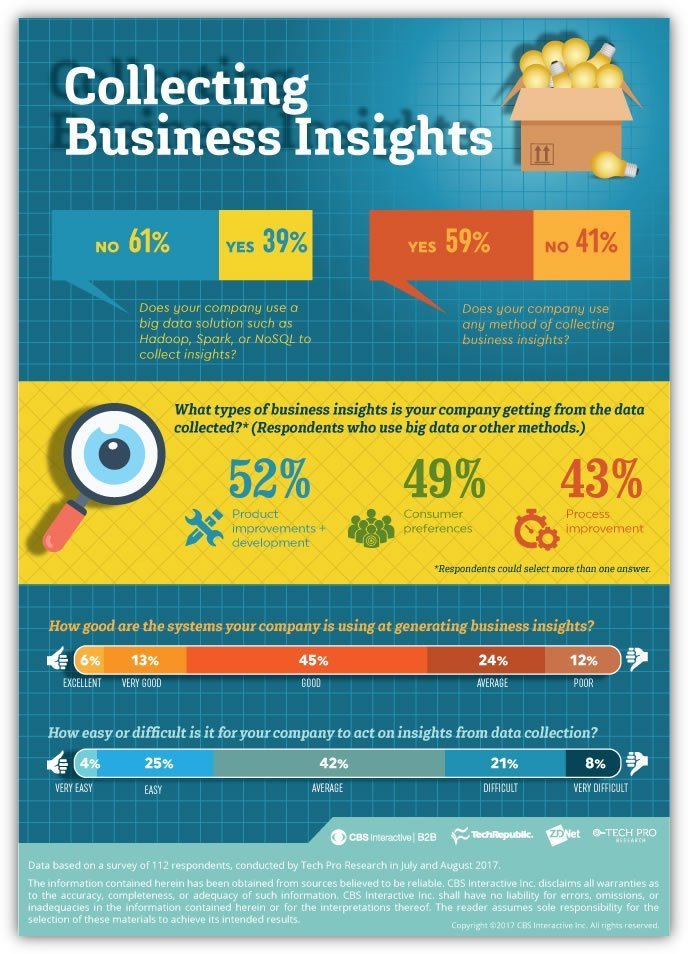Cookies are small pieces of data stored on a user’s device which allow websites to perform specified actions or preferences.
Cookies are divided 5 categories:
☀ Targeted Cookies: Used to deliver multiple types of targeted digital ads. They store your user data and behavioral information, allowing advertising services to target you within specified audience groups according to variables including but not limited to: ✍age ✍gender ✍location ✍personal interests ✍website habits ✍search engine habits ✍social media habits, just to name a few.
☀ Necessary Cookies: Used by a website to deliver you the information and services they offer in a secure and optimized manner. In most cases, you must accept these “necessary cookies” to be able to make use of their online systems.
☀ Functional Cookies: They are essential for a website to work, for example: ✍making sure that you don’t have to keep logging into the website each time you visit a different page ✍keeping track of your shopping cart on the website ✍making sure the online live support maintains contact with you, especially when navigating the site.
☀ Performance Cookies: Used for internal purposes to help the website in providing you with a better user experience. The cookies help the operators of the website to better understand how it’s used by visitors, shoppers and members. From this information they can improve the way the site works and deliver better content to you. One example is when they use an external company such as Google to perform such an analysis via their services. In this instance, they may set third party cookies to enable this to function correctly.
☀ Undefined Cookies: This is something of a hit and miss scenario as undefined cookies can come from a number of factors including your personal settings on your device.
You can always run a check as to what cookies a website uses via online tools such as COOKIE METRIX or COOKIEBOT


